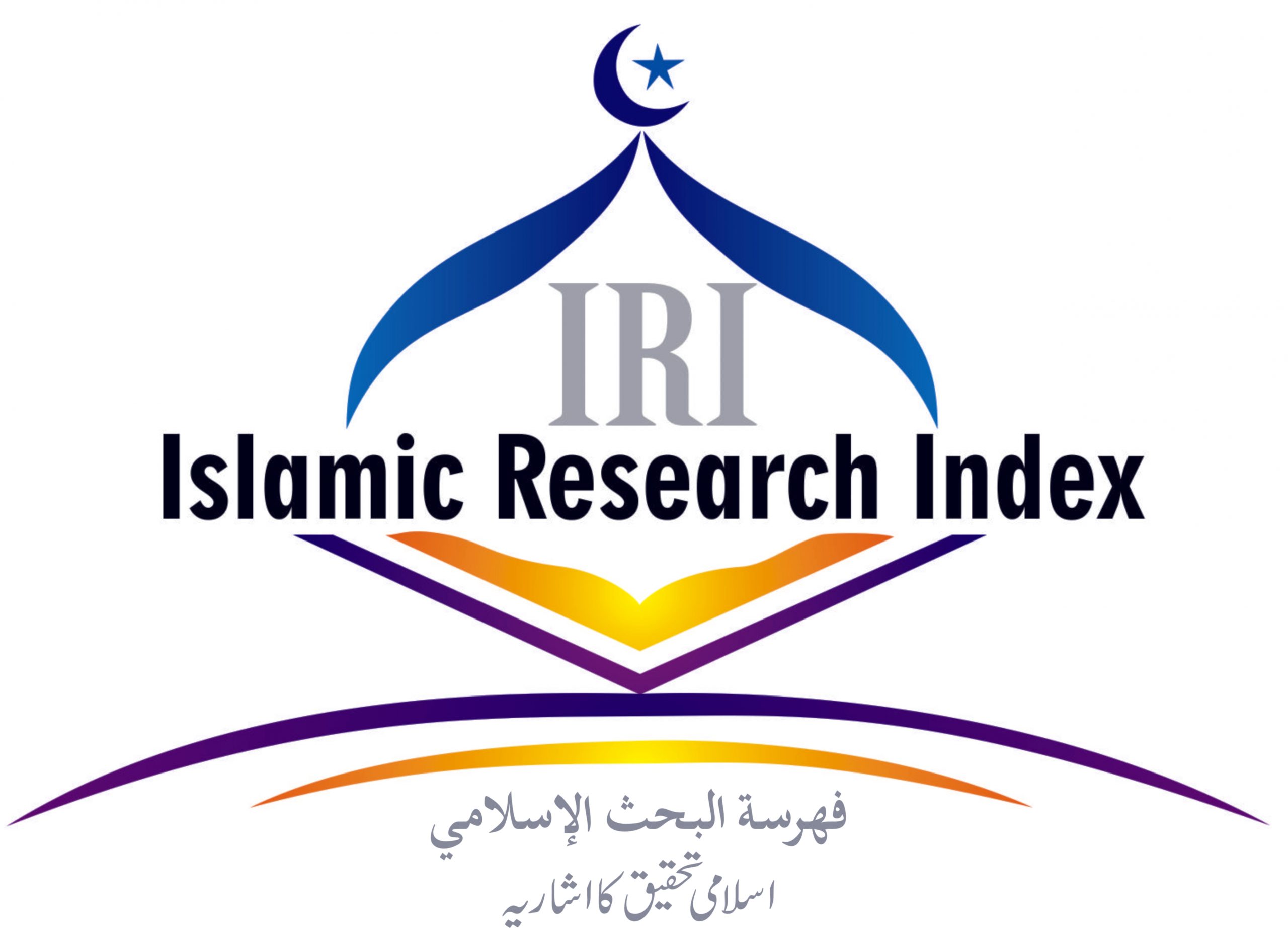قصہ موسیٰ و بنی اسرائیل کے صوفیانہ اسلوب کا تجزیاتی مطالعہ)تفسیر نعیمی کا اختصاصی مطالعہ(
An Analytical Study of the Mystical Style of the Story of Moses and the Bni Isrāel (Specific Study of Tafeer e Nāimī)
Abstract
Islam is a complete universal and comprehensive religion, it has made human life a topic of discussion and has given complete guidance on it whether it is related to politics or the formulation and implementation of laws, to economy or to society, to knowledge or to the welfare of human life, to a ruler or to his subjects, there is complete guidance of religion in every aspect. In view of this importance, our forefathers not only acquired the knowledge of the religion of Islam but as the true heirs of it, its publication enriched the people's moralities. Among the responsibilities of the Prophet Muhammad, are the recitation of verses, the teaching of the Book and wisdom and self-preservation which we refer to as character building and moral development. Self-purification means the building of personality, then it has a fundamental importance in the stability of the Ummah because the Muslim Ummah is a special collective, so only special people can be effective in its formation and these special people can be the same those who have purified themselves. It is the responsibility of the Muslim Ummah to maintain the system of self-purification. Islamic scholars, reformers and thinkers took up the task of reforming thoughts, teaching and training, teaching Book and wisdom and Sufis took the responsibility of purifying and training people. There is one such person in the subcontinent who is remembered by the name of Ahmad Yār Khān Naimi, who wrote a commentary on the Qur'an under the name of Tafsir Naimi and wrote it in a mystical style which is unique in terms of its style. In this article, the various incidents of Prophet Muses and Bni Isrāel have been discussed in the view of the mystical style of Tafseer Nāimi.



